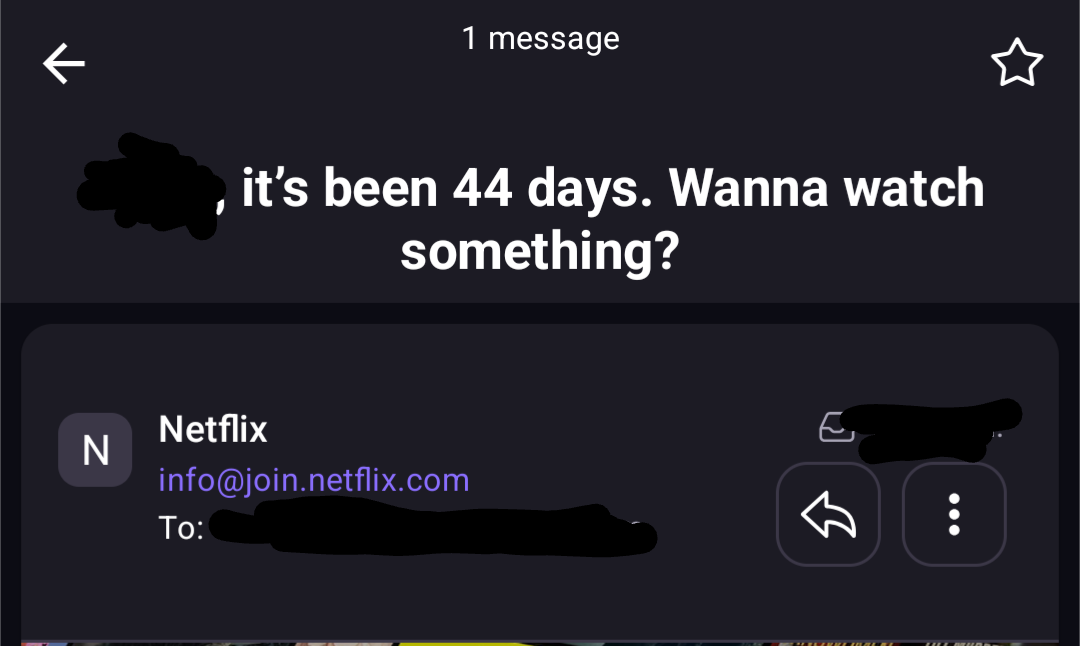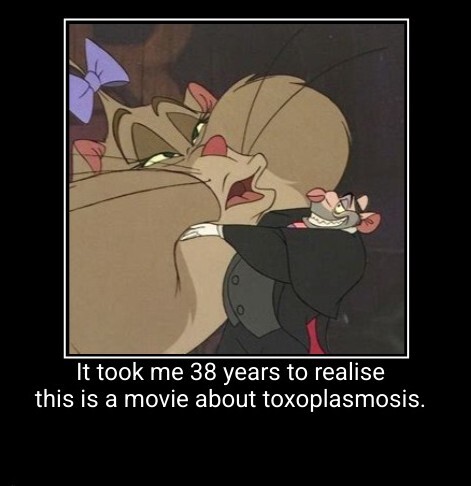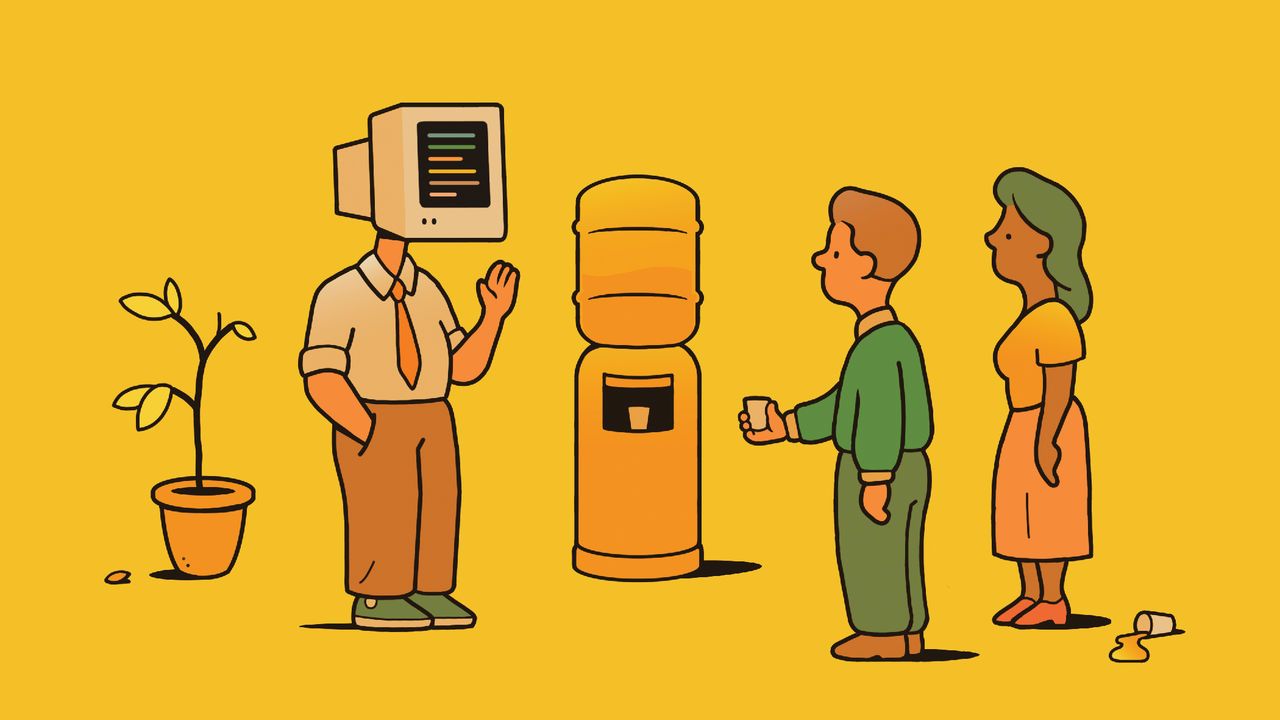As good at keeping his promise as Trump is! Which, of course, is why eggs are cheap, there are no more wars, and we have the full Epstine files. /S
No_Eponym
But unlimited demand?
Very good point. It seems crazy that this keeps happening, right? My current favourite hypothesis is from "Power and Progress" by Daron Acemoglu and Simon Johnson:
If everybody becomes convinced that artificial-intelligence technologies are needed, then businesses will invest in artificial intelligence, even when there are alternative ways of organizing production that could be more beneficial.
Add to that sunk cost (these firms invested in this tech, and maybe fired the paralegals that used to do this work, so they need to use the tech), and fundamental attribution error (those other lawyers failed using AI because of something fundamentally a part of their selves, I am only fail when there are external factors getting in the way of my self) and you get a recipe for seemingly irrational behaviour on repeat.
Now, if your lawyer (because they fired their paralegals) asks ChatGPT something while working on your case, can their queries be used against you?
Also
Housing always has to go up, or the owner-voters revolt against whoever is in power. So all government policies favour housing appreciation, protect against depreciation, or simply avoid taking meaningful, proportionate and timely action that could cause prices to depreciate.
Even things like airbnb bans, getting rid of exclusionary zoning, etc. are too little, too late. Prices have already been inflated, and owner-occupiers are now holding things up because they can't simply cash out, write off a loss and move their equity elsewhere because they need somewhere to live. Governments support those owner-occupiers (and often corporate landlords, for as long as they stay in the game) to ensure votes and campaign contributions continue.
We are sitting on a massive, fragile bubble that is getting harder and harder to prop up every year. With insurance issues, climate change, an aging population hoping/needing to cash out equity to fund their retirement, wages way behind inflation for millenials and Gen z, massive amounts of differed municipal infrastructure due to artificially low property tax, unemployment creeping up, etc. there are growing threats to the continued "housing always goes up" economy.
"If this were the [Federal Aviation Administration] and we were having this many mistakes, we would go back and look at why has this happened.”
Plasmoid says, "Ackchyually..."
Am i correct to assume that Crit would do 10-16 damage (depending on if you go with 5 on a hit or 1d6+2)? Of non-magical slashing damage?
Ah, but those Americans are mostly Democrats so they aren't really Americans and are gonna lose their citizenship and be deported soon anyway. /S
and ignoring the feasibility.
We will fix the lack of oxygen after deployment.




...yet